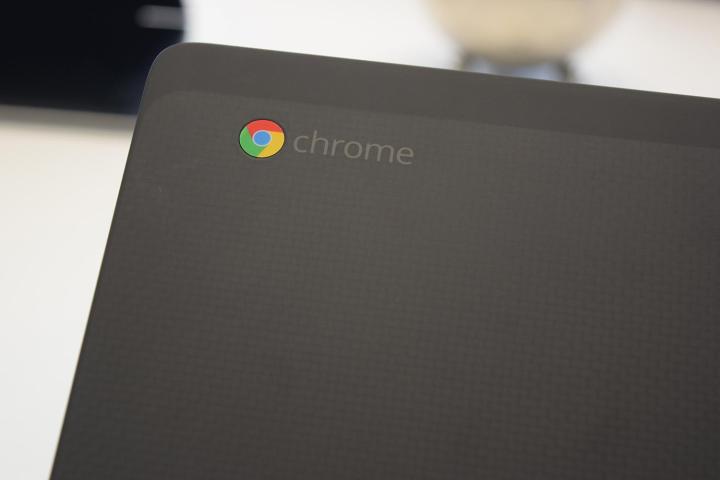
And it’s not just Chromebooks specifically, but all devices, desktop or laptop, running Google’s Chrome OS. While Chrome OS sales only accounted for 1.9 percent of all PCs sold in 2014, that number grew to 2.8 percent of all PC sales in the first three quarters of 2015, according to the IDC report and PCWorld.
That’s impressive growth, and it isn’t hard to see why. Major manufacturers like Dell, Lenovo, and HP have put massive support behind the nimble, inexpensive devices. They’re found everywhere from classrooms full of children, to the desks of writers here are at Digital Trends.
Unfortunately, there are murky waters ahead for Chrome OS. Google’s plans for Chrome OS are unclear to say the least, with statements falling anywhere from the OS and its goals staying the same, to a complete merger with Android OS.
And indeed, we’ve seen operating systems like Remix OS show off the possibilities of a desktop or laptop OS, and leveraging Android’s massive user base and Google Play Store support. It’s a solid idea, and likely elements of
What lies on the horizon is anyone’s guess, but it’s clear that after a few years of finding itself, Chrome OS is finally gaining traction in the PC world. The PC is quickly becoming more and more of a niche as users find ways to work from smartphones and tablets, some consumers are happy to pay less for a Chromebook, even if it’s not as capable as a Windows counterpart.
Editors' Recommendations
- Do you need antivirus software on a Chromebook?
- Google just made a big change to how Chromebooks apps work
- Why I converted my Windows laptop into a Chromebook, and why you should too
- Editing video on Chromebooks just got a lot easier
- How ChromeOS Flex turns old PCs into Chromebooks for free


